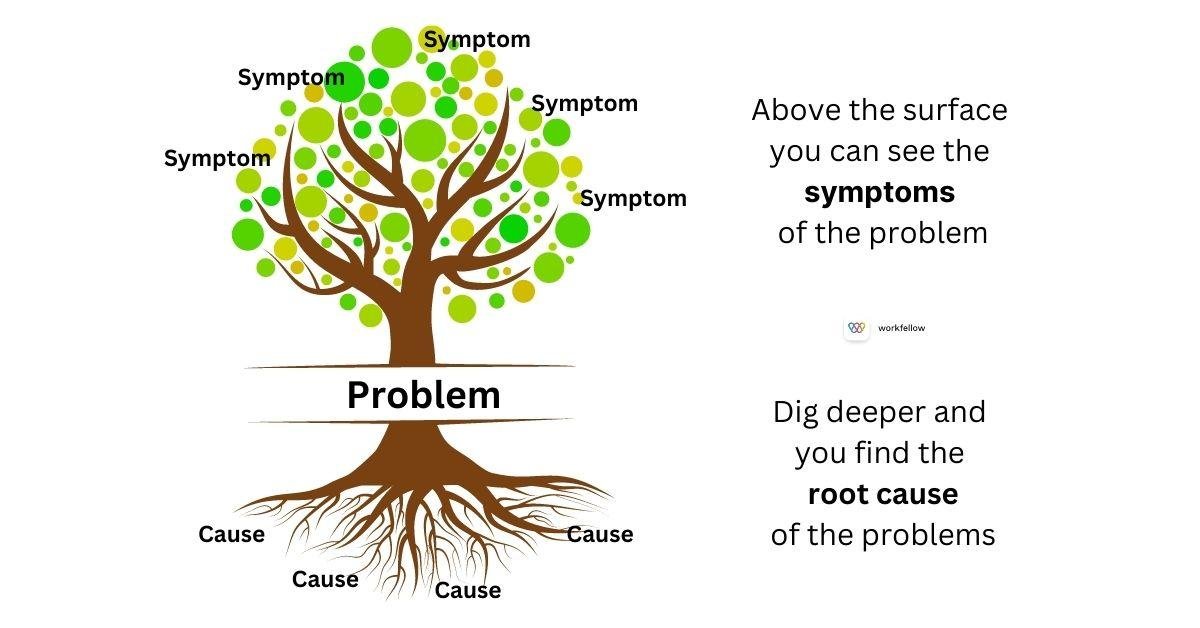As parents, we strive to create a loving and respectful bond with our children. However, navigating challenging behaviors, such as biting, can sometimes test our patience and understanding. In this article, we will explore ways to turn biting into an opportunity for bonding and growth in the parent-child relationship. By implementing these tips and strategies, we can foster a deeper connection with our child, while also addressing and overcoming challenging behaviors effectively.
– Understanding the Root Cause of Biting: Exploring the Reasons Behind Challenging Behaviors in Children
Dealing with challenging behaviors in children can be a daunting task for parents. One common behavior that parents often struggle to understand and address is biting. It can be frustrating and upsetting when a child resorts to biting others as a way to communicate their emotions or needs. However, by understanding the root cause of biting, parents can turn this challenging behavior into an opportunity for bonding and growth. Here are some tips to help parents navigate through this challenging behavior:
- Stay calm and composed: It’s important for parents to stay calm and composed when their child exhibits biting behavior. Reacting with anger or frustration can escalate the situation and make it more challenging to address the behavior effectively.
- Identify triggers: Pay attention to the circumstances and triggers that lead to biting behavior in your child. Understanding what triggers the behavior can help parents anticipate and prevent it in the future.
- Teach alternative behaviors: Help your child learn more appropriate ways to express their emotions or needs, such as using words or gestures. Encourage positive communication and problem-solving skills to replace biting behavior.
- Seek professional help if needed: If biting behavior persists despite your efforts, don’t hesitate to seek help from a professional, such as a child psychologist or behavior therapist. They can provide guidance and support in managing challenging behaviors effectively.

– Building Empathy and Communication: Strategies for Dealing with Biting and Fostering a Stronger Connection with Your Child
One way to address biting behavior in children is to first understand the underlying causes behind it. By taking the time to observe and communicate with your child, you can start to build a stronger connection and foster empathy. Encourage open dialogue, active listening, and practice patience when addressing challenging behaviors. Here are a few strategies to help you navigate through this difficult situation:
- Stay calm and composed when addressing the behavior.
- Redirect your child’s attention to a more appropriate activity.
- Model positive communication and problem-solving skills.
- Offer praise and positive reinforcement for good behavior.
By implementing these strategies and focusing on building empathy and communication, you can turn biting incidents into opportunities for bonding with your child. Remember, it’s important to approach these situations with understanding and patience, as building a strong connection with your child is key to fostering a healthy and positive relationship.

- Setting Clear Boundaries and Consistent Consequences: Establishing a Positive Behavior Management Plan to Address Biting
Setting clear boundaries is crucial in addressing biting behavior in children. Consistent consequences help reinforce these boundaries and teach children about appropriate behavior. By establishing a positive behavior management plan, parents can turn challenging behaviors like biting into opportunities for bonding with their child. Here are some tips to help deal with biting:
- Communicate calmly: Talk to your child about why biting is unacceptable and explain the consequences.
- Redirect their attention: Provide alternative activities or toys to distract them from biting.
- Model positive behavior: Show your child how to express their emotions in a healthy way.

– Seeking Support and Guidance: Utilizing Resources and Professional Help for Effectively Managing Challenging Behaviors in Children
Dealing with challenging behaviors, such as biting, in children can be a stressful and emotional experience for parents. However, with the right support and guidance, these behaviors can be effectively managed and even turned into opportunities for bonding. Here are some tips to help you navigate through this challenging time:
- Stay calm and composed: It’s important to remain calm when addressing challenging behaviors in children. Taking a deep breath and approaching the situation with a level head can help diffuse the tension and create a more positive environment for both you and your child.
- Communicate effectively: Talk to your child about their behavior in a calm and understanding manner. Use simple language that they can understand and encourage them to express their feelings and needs in a healthy way.
- Set clear boundaries: Establish clear rules and consequences for inappropriate behavior, such as biting. Consistency is key when it comes to enforcing these boundaries, so make sure to follow through with the consequences every time the behavior occurs.
By utilizing these tips and seeking support from resources and professional help, you can effectively manage challenging behaviors in children and strengthen your bond with them in the process.
In Retrospect
In conclusion, addressing challenging behaviors in children can be a difficult and frustrating task, but with patience, understanding, and the right strategies, parents can turn those moments of biting into opportunities for bonding and growth. By setting clear boundaries, providing positive reinforcement, and seeking support when needed, parents can create a nurturing environment that fosters healthy communication and a strong parent-child relationship. Remember, every child is unique and may require different approaches, so it’s important to stay flexible and open-minded as you navigate this journey together. By embracing these challenges with empathy and love, you can transform moments of tension into moments of connection and ultimately strengthen the bond between you and your child.


